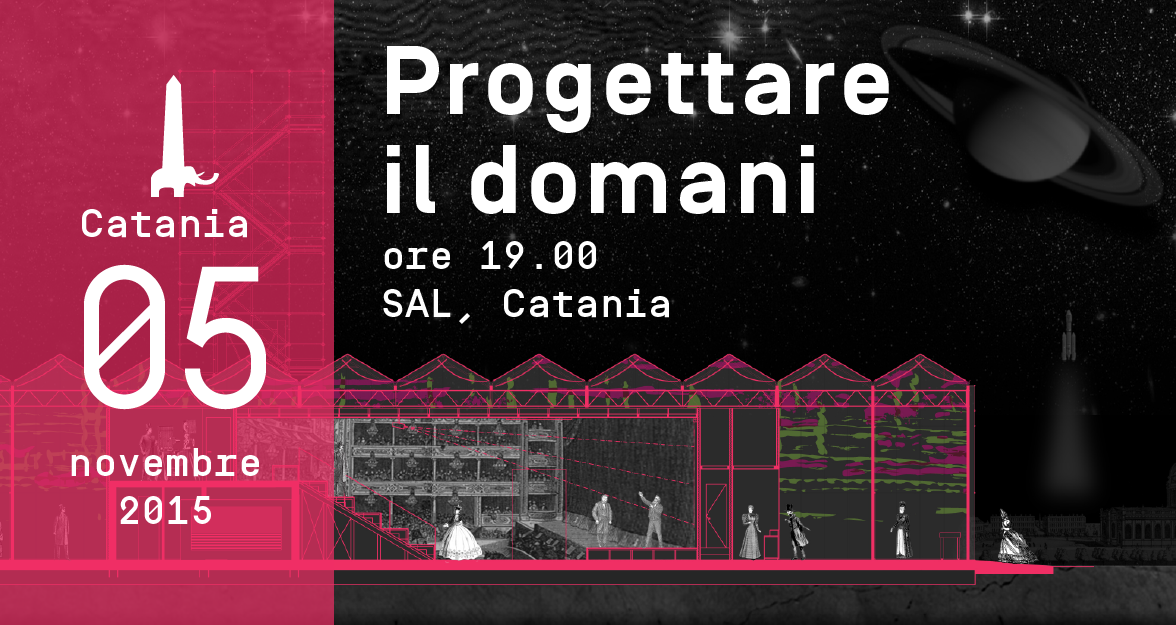Yulya Besplemennova works as an independent designer and consultant in the field of service and system design, with the special interest in the topic of hybrid space (social spaces existing both in physical and digital realms) and intersecting fields of urban spaces design, community engagement and interactions with technology.
Yulya tell us something more on you and the projects you are working on at the moment
What I do in practice is the user research and engagement, facilitation of co-design processes, communication strategies, service design and general user-centered design consulting applied to various fields. The main project for which I collaborate now is Routes.tips – a user generated content platform to share and improve traveling experiences. Together with Routes Software we also work on other projects like Bergamo Quest and upcoming app with the Augmented Reality technology for the mountains navigation.
Besides that as a part of Interstellar Raccoons I explore the world of transmedial speculative design storytelling for design which goes beyond problem-solving, but into field of strategic context redefinition. And with my latest initiative ZaryaLAB I engage into observation and research of important changes in the spatial organisation and interactions within society brought by the new media and technologies.
As most of all I like learning new things, I also know that it happens much faster when teaching which I consider one of the main directions of my professional development. So I was very happy to be co-tutoring the past Relational Design editions modules and Ceramic Futures 2 and 3 with Politecnico di Milano students.
In your experience as designer, how relational aspects have influenced design processes?
As most of the projects I work on are about networks/collectives/communities of people interacting between themselves, with spaces or technologies, relational aspects are the most important in my work. I have to say that it wasn’t easy in the beginning to understand how to deal with it though, even if I passed the course of services and networks in Polimi, real relational design turned to be much more complex and deep issue to which at first I found myself unprepared.
It was especially evident with #nevicata14 project – a temporary configuration of the pedestrian Piazza Castello in Milan during EXPO-2015, which we approached not just as an architectural project, but a project of the creation of the new place and identity for it mostly in the mind of the citizens. We had to overcome the resistance and the past notion of this space as a road for cars and bring them to see new possibilities of use for it. So the project turned from the architectural installation into the public communication one. But it was very difficult for me as I found myself in need of skills and tools I never had to apply during previous years of studying design. I had to work not as an executioner of some design decisions but as a coordinator of the ongoing immaterial process which at first seemed as not a designer’s work, but instead that was exactly what designer should do nowadays. If you want to learn more about it I have written about my perspective in the blog
What is relational design for you?
Relational design for me is the proper name of design we need nowadays, choosing to emphasize the importance of relational aspects of work. First of all because we cannot go on reducing design to functional or aesthetical problem-solving, Artificial Intelligence is coming after us and will be able to do it all better very soon with the current advances in machine learning. But it will never be able to fully comprehend the complexity of human and their relation to the world around.
Another point is that we live in times when relations between objects or subjects get evidently more important than objects and subjects themselves – it is the relations between users of Facebook or Linkedin, or any other platform, that creates value to the whole network and the platform owners, not the profiles themselves: fully filled in profile of a person that’s not actively engaging with others is worth very little. And this is just an example of the digital social network, but in fact all our life in the hyperconnected world works like that nowadays. Relational design is the design that looks exactly at this aspect and knows how to operate with this real source of value.

